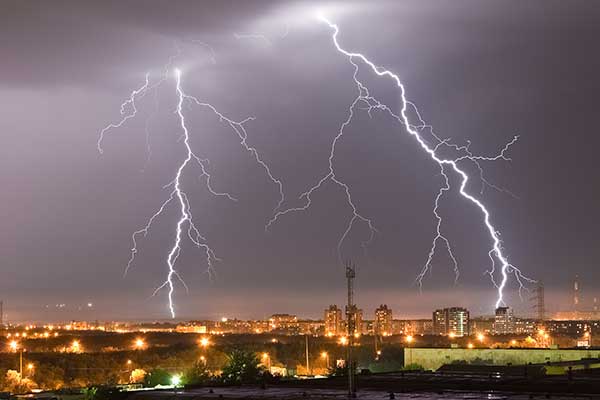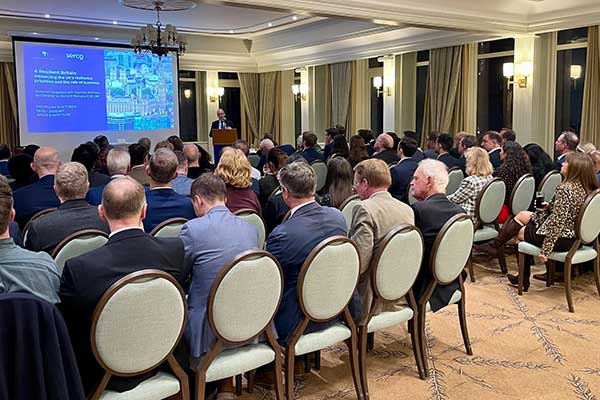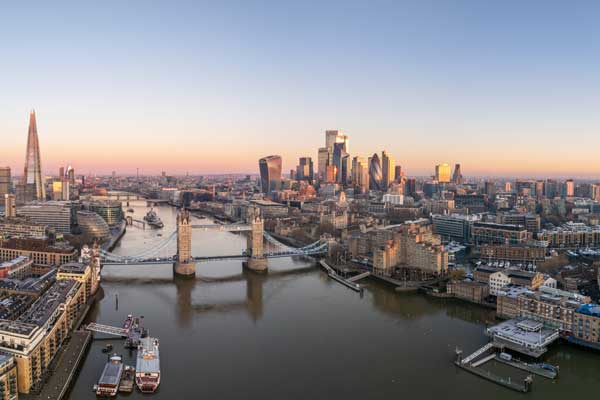Five years ago, Mayor Sadiq Khan asked me to undertake an independent review of London’s preparedness to respond to a major terrorist incident. It was commissioned following the appalling attacks that had taken place the previous year at the Bataclan Theatre in Paris and elsewhere in Europe. The report was published at the end of October 2016.
However, just a few months later, preparedness in London was tested by a series of attacks in Westminster, London Bridge/Borough Market, Finsbury Park and Parsons Green. There was also the dreadful suicide bombing at Manchester Arena. Each of these were tragic for the victims and their families.
The Mayor has now asked me to conduct a new and wide-ranging review to look at how the city is currently prepared – five years on and emerging from the pandemic – to cope with a serious terrorist attack.
Central to the review will be the changing nature of the terrorism threat facing London. Last month, Ken McCallum, Director General of MI5, warned that Islamist Extremist Terrorism remains “a potent shape-shifting threat” but that there were increasing concerns about Extreme Right-Wing Terrorism pointing out that “of the 29 late-stage attack plots disrupted over the last four years, … 10 have been Extreme Right Wing”.
Those engaged in terrorist activities are now much more often ‘self-initiating’ – lone actors, frequently radicalising themselves at least in part online and deciding on their own how and when to act. Inevitably, their activities are much harder to detect than the complex multi-actor plots of the past and the number of potential perpetrators has risen substantially.
Other factors also drive the risk. Those prisoners convicted several years ago for terrorist or related offences who have now completed or are close to completing their sentences are being released into the community – potentially more radicalised with more refined skills and with a range of contacts they did not have before. Also released, or close to release, are those offenders imprisoned for non-terrorism offences but who have been exposed to extremist views while in custody.
Then there are the fighters seeking to return to the UK (as travel restrictions lift) from conflict zones around the world. Moreover, with the Taliban resurgent in Afghanistan, this will enable, as General Sami Sadat has said, “small extremist groups to mobilise in the cities of Europe and America, and will have a devastating effect on global security”.
Finally, there are the huge number of individuals who have been isolated in their homes spending time on the internet in the privacy of their bedrooms throughout the COVID lockdowns consuming various sorts of polarising propaganda that incite and glorify acts of terror.
London itself has also changed as a result of the pandemic: patterns of travel, work and entertainment have altered possibly permanently and as a result the places that people congregate have shifted, creating new targets for those who want to foster terror. Habits of vigilance may have been diminished, pushed out by other more immediate priorities, and there may be a complacency about the threat across the public and businesses alike.
This is the context of this new review. I will be looking, not only at the current status of the 127 recommendations that I made in 2016, but also at the learning from the 2017 attacks and the more recent attacks in Streatham and Fishmongers’ Hall.
I intend to consider the current working relationships and cooperation between the emergency services and all the other agencies, organisations and groups potentially involved in any response. The review will consider the capacity of these organisations – both statutory and non-statutory – to respond effectively.
To help me in this task, I would welcome any views you may have. I am being asked to report to the Mayor later this year, so it would be helpful to have these in the next few weeks. Please send them to PreparednessReview@london.gov.uk. Thank you.
Lord Toby Harris conducted the 2016 Review into London’s Preparedness for a Major Terrorist Incident and is Chair of the National Preparedness Commission



